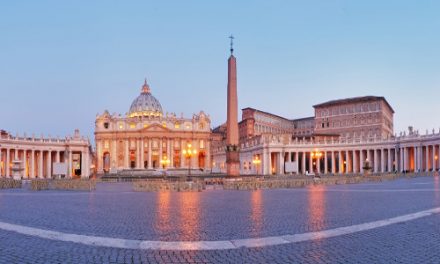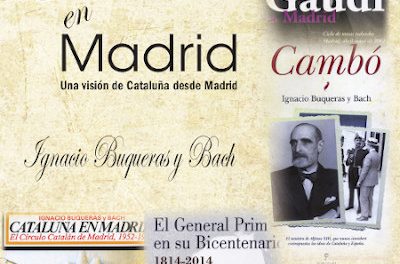 Josep Ignasi Saranyana, professor emeritus of the University of Navarra and full academician of the Royal European Academy of Doctors-Barcelona 1914 (RAED), has donated to the Library of the Academy the book “La teologia cristiana a la Modernitat. De l’albada del segle XVI al llindar de la Il·lustració” (Christian Theology to Modernity. From the beginning of the 16th century to the thresholds of the Enlightenment) (Cossetània Edicions), a recently published work of great historical and theological rigor that deals with the period from the end of the European civil wars at the end of the 15th century to the outbreak of liberalism.
Josep Ignasi Saranyana, professor emeritus of the University of Navarra and full academician of the Royal European Academy of Doctors-Barcelona 1914 (RAED), has donated to the Library of the Academy the book “La teologia cristiana a la Modernitat. De l’albada del segle XVI al llindar de la Il·lustració” (Christian Theology to Modernity. From the beginning of the 16th century to the thresholds of the Enlightenment) (Cossetània Edicions), a recently published work of great historical and theological rigor that deals with the period from the end of the European civil wars at the end of the 15th century to the outbreak of liberalism.
It is a crucial period for Western culture and thought, since it is at this moment when Modernity is forged. “It has been said and repeated that there was a rupture not only religious, but also cultural between the late Middle Ages and the Renaissance and, even more, between it and the Enlightenment. Well looked at, however, history does not jump. Historical fabric is much more fluid than it seems at first sight. It is a serious simplification (even more, it can be an ideological manipulation) to consider that it goes from darkness to clarity without a solution of continuity. Not Luther, by way of example, would have been possible without a radicalized medieval Agustinism and the empire of nominalism, or Kant would not be comprehensible without the Lutheran pietism”, is explained in the introduction of the work.
This study tries to draw some lines of continuity in the development of theological and philosophical thought from the end of the 15th century to the fullness of political and religious Jansenism, showing that the sudden turns in the historical process are neither as surprising nor as abrupt as they appear in the simple and linear story of the history. Carefully analysed, the depth of the intellectual course of the West is addressed.




